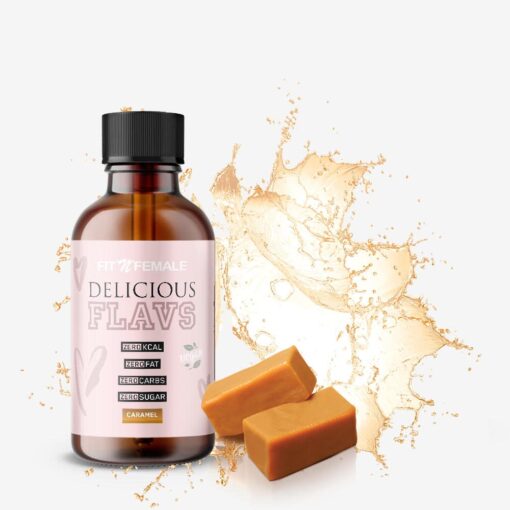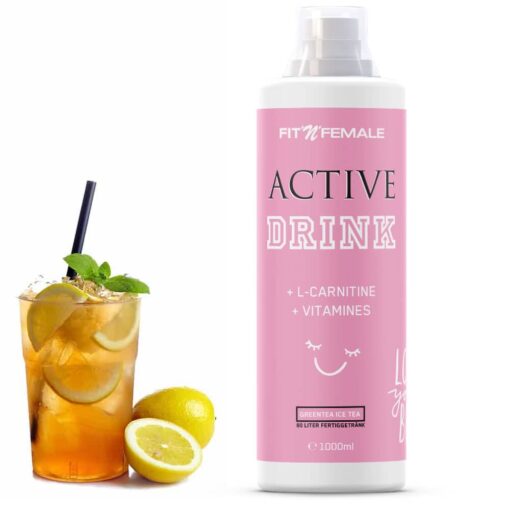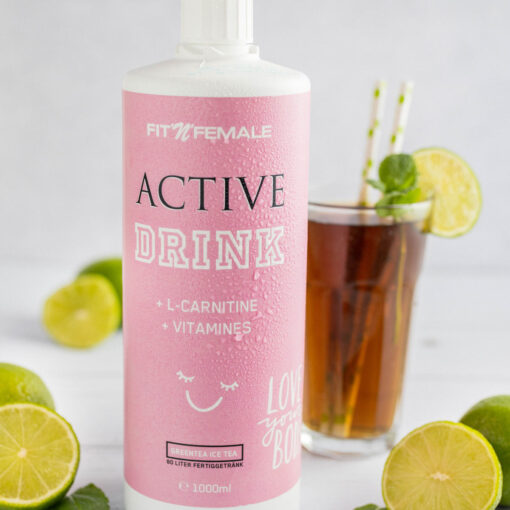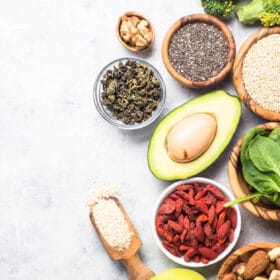For decades, generations living today have been advised to avoid sugar. Yet humans crave sweet foods. It is inconceivable to remove them from the diet. The solution seemed to be found quickly with the artificial sweeteners, with the help of which sweet foods can be consumed without added sugar and thus without calories. You can consider them the best invention since bread, which has a good reputation unlike artificial sweeteners. Sweeteners are often blamed for all sorts of ailments - from headaches to weight gain to the development of cancer. Is this true, and what does it mean for you as an athlete? Do artificial sweeteners really have an impact on health, weight and performance?
The history of artificial sweeteners
They first appeared at the end of the 19th century. Almost as old are the disputes about the effects of artificial sweeteners. They have been the subject of controversial debate for almost a hundred years. Unfortunately, politicians on this side and on the other side of the Atlantic have not remembered the words of former U.S. President Theodore Roosevelt, with which he had, mutatis mutandis, called people who imputed harmfulness to saccharin idiots. Over the years, more and more artificial sweeteners were introduced to the market, all of which generated further controversy. Ostensibly, satisfying the demand for sweet foods with low calories was the reason for continued production. In the U.S. market alone, there are these six sweeteners approved by the Food and Drug Administration (FDA) there:
- Acesulfame potassium (Acesulfame K)
- Aspartame
- Saccharin
- Sucralose
- Neotam
- Advantame
How safe or dangerous are artificial sweeteners?
For the first time, sweeteners were linked to cancer in the 1970s. In one study, a combination of several sweeteners - including saccharin - caused bladder cancer in laboratory rats. Later, this study was put into perspective because rats are much more susceptible to this type of cancer in general, and especially when their intake of vitamin C is increased. In general, the allegations regarding sweeteners are based on animal studies and single-case studies in which significantly larger amounts have been administered than are recommended for realistic human consumption. The megadoses ingested by the rats have no demonstrably reasonable relationship to the consumption patterns of the general population.
Despite the bad press, the regulatory authorities in the USA and the EU have not withdrawn any of the artificial sweeteners from the market. Extensive medical studies have looked at the alleged health effects, but to date there is no evidence of links between diseases and the consumption of artificial sweeteners.
That being said, in some rare cases, there is evidence of migraines or headaches for which sweeteners are causative. You can compare it to a food intolerance. It is advisable to clarify your individual physical response and any effects on intense training or competition before adding artificial sweeteners to your diet.
Does a zero-calorie sweetener really make you fat?
The average American consumes about 22 teaspoons of sugar a day. That's the equivalent of 350 calories. Originally, sweeteners were designed to curb sugar consumption and help with weight control. If your goal is fat loss, why should zero-calorie sweeteners be responsible for your excess weight?
There are several explanations. In some arguments, the consumption of artificial sweeteners is associated with the urge for additional calories, which is satisfied by additional food intake. Probably, this theory arose because often weight gain coincides with the consumption of sweeteners. According to research, the feeling of hunger does not change as a result of ingestion and despite a lower total calorie consumption.
Other studies compared the effects of artificial versus natural sweeteners in a voluntary food intake. They found no differences in acute and long-term calorie consumption. Several of these studies concluded that the consumption of artificial sweeteners may actually be beneficial for weight loss and may improve blood glucose control in diabetics.
At this point at the latest, it should be clear that the presumed connection between the consumption of artificial sweeteners and an increase in food intake has no scientific basis.
Sweeteners in your supplements
Even if you wanted to, you couldn't remove the artificial sweeteners from your pre-workout drink. Manufacturers use them for flavoring to provide a low-calorie and equally tasty product.
It's important for you to know what you need to fuel your body with for optimal performance. Artificial sweeteners are not broken down like the natural alternatives are. Many of them cannot be used for energy. They don't provide nutrients to fuel your body during workouts, and they don't make significant contributions to protein synthesis or glycogen replenishment. Both of these processes are known to be critical for successful muscle recovery after a workout.
Many well-known artificial sweeteners lower blood sugar levels. Stevia in particular has been shown to have a corresponding blood sugar-lowering effect - even when compared with other sweeteners such as aspartame. A constant blood glucose level can be especially important during prolonged and intense exercise to prevent loss of performance and limitations in cognitive abilities.
In addition, low blood glucose levels after exercise prevent the insulin activity necessary for regeneration and muscle growth.
A simple solution would be a post-workout shake with about 30 to 50 grams of carbohydrates to maximize the anabolic response. You can do this simply by drinking your favorite bar or by drinking a protein shake with about 700 ml of low-fat milk. Although they can't help you directly with your workout, artificial sweeteners have some beneficial properties. They make your food tastier and can extend its shelf life.
What does all this mean to you?
A excessive Taking natural sweeteners such as fructose or sucrose can have health consequences (weight gain, metabolic disorders, etc.). There are upper limits for artificial sweeteners, but you will hardly reach the maximum daily allowable dose.
The regulations of the approval authorities ensure that the artificial sweeteners are safe for humans. In the USA, for example, aspartame has an ADI value of 50 milligrams per kilogram of body weight per day. A consumer weighing 70 kg can therefore drink just under 20 330 ml cans of Diet Coke a day without hesitation.
If you don't want to consciously buy and consume tasteless and unsweetened supplements, you can't avoid the artificial sweeteners. Most of the products with the additions "without sugar" and reduced calorie counts probably use artificial sweeteners.
Always remember to keep the right moderation. There's no reason why you can't eat your favorite candy. As long as you don't overdo it, you can have a bite without feeling guilty and still achieve your fitness and weight loss goals.










